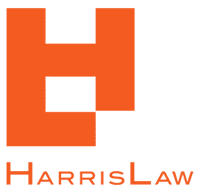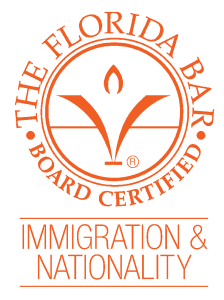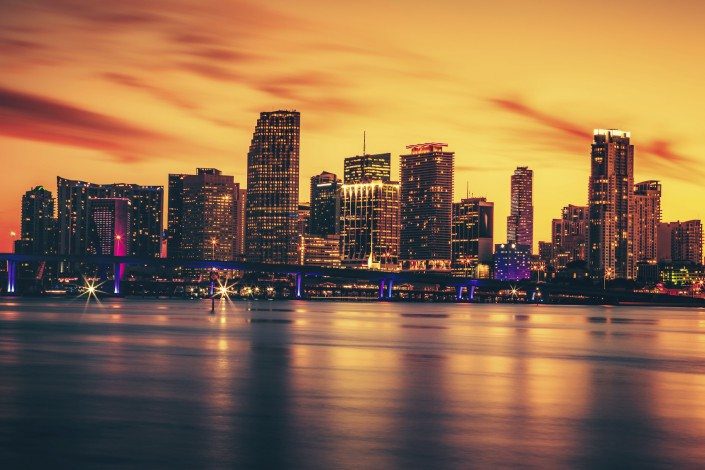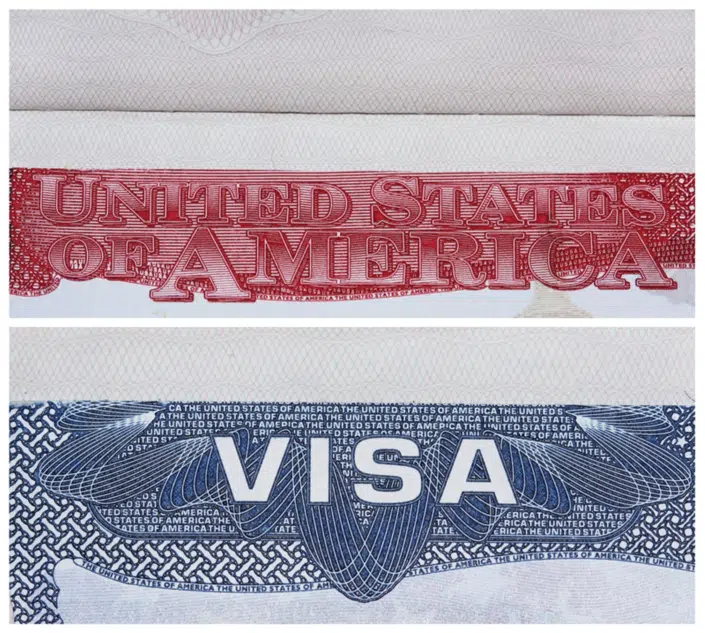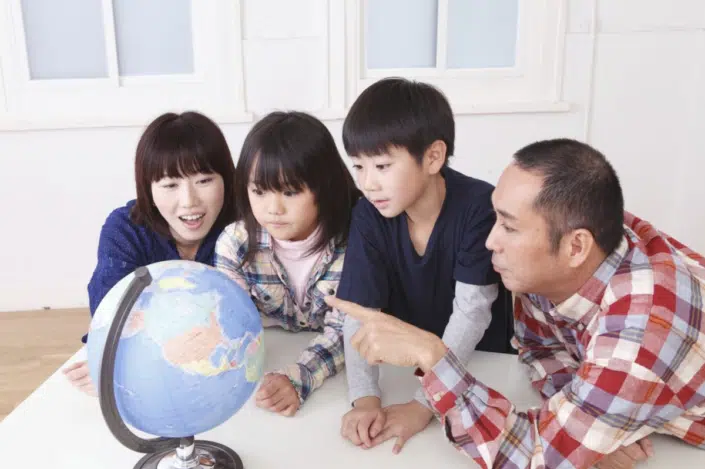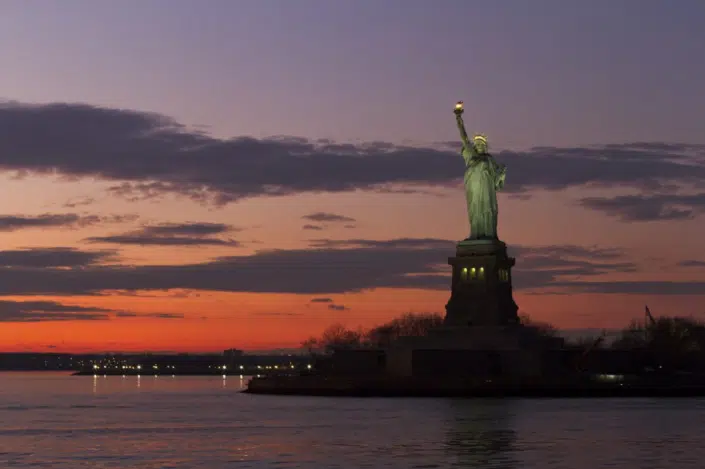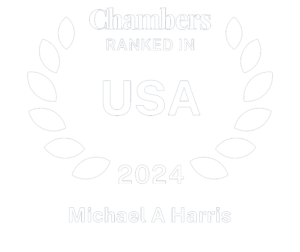THE E-3 VISA CATEGORY IS AVAILABLE TO NATIONALS OF AUSTRALIA WHO ARE COMING TO THE UNITED STATES SOLELY TO WORK IN A SPECIALTY OCCUPATION.
Similar to the H-1B visa, the E-3 Visa also requires theoretical and practical application of a body of knowledge in professional fields and at least the attainment of a bachelor’s degree, or its equivalent, as a minimum for entry into the occupation in the U.S. To qualify for the visa, it also must be demonstrated that the employee is:
- Are a national of Australia. If you are a new Australian citizen or are in the process of becoming one, please note that you will need to possess an Australian passport by the time of your visa interview.
- Have a legitimate offer of employment in the United States.
- Possess the necessary academic or other qualifying credentials.
- Will fill a position that qualifies as a specialty occupation.
Among the requirements for the E-3 Visa, the offer of employment must offer a salary which will pay the higher of the actual or prevailing wage. An E-3 Visa worker will be allowed to stay in the United States for 2 years and can extend for additional periods of 2 years. Spouse and children under the age of 21 are also entitled to accompany the principal worker with E-3 visas. The spouse and children need not be Australian citizens. Unlike the H-1B visa category, spouses are allowed to seek an employment authorization card.
FAQs
I have a degree and have found a job in a related profession in the U.S. Do I qualify for the E-3 visa?
The job will qualify provided that it requires a minimum of a bachelor’s degree in a specialty occupation. It is not enough that an E-3 applicant holds a particular degree; the job itself must also require a bachelor-level or higher qualification. For example, someone with a degree in Business Studies planning to work as a Personal Assistant would not be eligible for the E-3 unless the job actually required a bachelor-level qualification.
I am a skilled tradesperson with qualifications and experience in plumbing/electrical work/carpentry for example. Do these kind of trades qualify as specialty occupations for the E-3 visa?
Not generally, because a requirement of the E-3 visa is that the job in the United States requires a minimum of a bachelor’s degree in a specialty occupation. As very few trade positions require a degree, they are not appropriate for the E-3 visa.
Do I need a license for a specialty occupation?
An E-3 applicant must meet academic and occupational requirements, including licensure in Australia where appropriate. In certain cases where a U.S. license or other official permission is required to perform the duties described in the visa application, but such permission or license is not available prior to entry into the United States, the applicant must show that he or she will obtain such licensure within a reasonable period of time following admission to the United States.
I do not hold a bachelor’s degree or higher. Can I apply for the E-3 visa based on my work experience?
Perhaps, depending on the kind and amount of experience which can be used to establish the equivalency of a university degree. As a guide, three years of professional experience may generally be used as a substitute for each year of university-level education. This means you would need to show 12 years’ experience in the field you are applying to work in. During their visa interviews, applicants for U.S. work visas should be prepared to provide documentation outlining their work history, education, and training. A consular officer will determine whether the educational and employment information provided meets the eligibility requirements for a U.S. visa.
Applying for a visa and looking for a job
Do I have to find a job in the United States first before applying for an E-3 visa?
Yes. You need to have a job offer from a sponsoring employer in the United States before you can apply for the E-3 visa.
Can I travel to the United States on the Visa Waiver Program to find a job or attend interviews and then apply for the E-3 visa once I return to Australia?
Yes, you can travel on the Visa Waiver Program (VWP) if you meet the requirements (please see our page on the Visa Waiver Program). If you do not meet the VWP requirements, you may be eligible to travel on the B-1/B-2 Combined Visa for Business or Pleasure. You must leave the United States before applying for your E-3 visa.
Does an employer need to file a petition with USCIS?
No, the employer in the United States is not required to submit a petition to USCIS as a prerequisite for the E-3 visa.
Dependents
May spouses and children work?
E-3 spouses are entitled to work in the United States and may apply for an Employment Authorization Document USCIS. Spousal employment may be in a position other than a specialty occupation, and may be full time, part time or casual work.
Changing employers and renewing visas
Can I renew the E-3 visa? Is there a limit to the amount of times I can renew?
E-3 visa applicants may be admitted for up to a two-year period, which is renewable indefinitely, provided the alien is able to demonstrate that he/she does not intend to remain or work permanently in the United States. There is no limit to the number of E-3 visas that an applicant may hold over the course of their life.
Can I change employers once I am in the U.S. and stay on the E-3 visa?
Yes, but a new petition or application will be needed.
